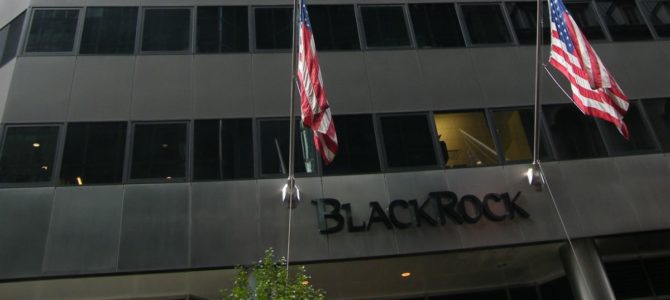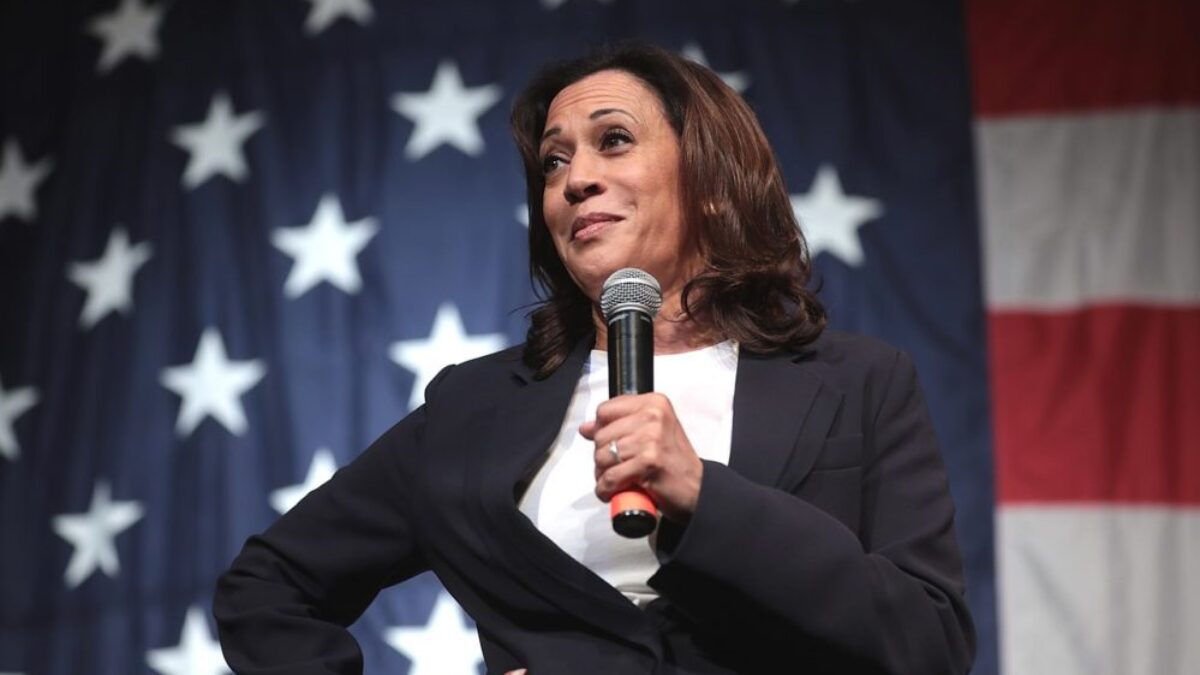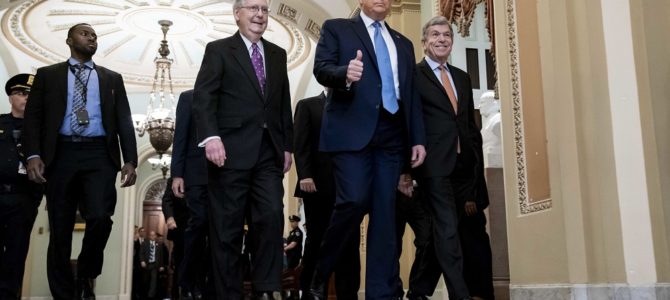This election cycle has stunned even the most seasoned political prognosticators. Voters are clearly fed up with the “Washington Way,” lashing out like never before. If voters truly want to shake up the political landscape, they should start by demanding separation between big government and big business.
Corporate favoritism is when government takes taxpayer money and gives it to big businesses in the form of handouts, a practice that is rampant in America. Almost every day of the year, you can find a story about government at some level—be it federal, state, or local—doling out hardworking taxpayers’ money to a big corporation. The aim is to convince that company to relocate to, expand, or simply stay in their area. Some have coined this “press release economics,” where politicians cut ribbons and deliver statements about the jobs they are creating with these handouts.
But the consequences of corporate favoritism are dire. Since 2005, Tennessee taxpayers have handed over $1.75 billion to big businesses via handouts. All too often, corporate favoritism lines the pockets of millionaires with the tax dollars of the middle class. But most Americans would agree a company’s success should rely on what good or service it provides, not who its executives know.
What We Lose with Special Business Favors
These corporate handouts also mean we have less money for true government services. Every dollar forked over to a massive company is one less dollar that can be invested in maintaining our roads, educating our children, or keeping the public safe. It’s not the role of government to prop up large businesses with taxpayer money, yet more and more dollars are being redirected from other government services to do just that.
As if that wasn’t bad enough, sometimes those big businesses even take the money and run. We all remember Solyndra, a name that has become synonymous with failed corporate bailouts. In 2009 the solar company misled the federal government to obtain more than half-a-billion in federal stimulus grants, only to go belly-up two years later.
For hard-working taxpayers, Solyndra represents the pinnacle of corruption in an out-of-control Washington. Regrettably, though, big business and big government teaming up at everyone’s expense isn’t exclusively a Washington affair. State and local governments get in on the action, too.
In 2008, another solar company called Hemlock Semiconductor agreed to build a plant in Clarksville, Tennessee. Then-Gov. Phil Bredesen and a slew of other politicians announced the deal as if it was the crowning achievement of their careers. Yet soon thereafter the company shuttered its plant and ran away with $95 million in taxpayer money—never to be seen again. It blamed a volatile solar market and Chinese tariffs for its inability to make do on its promises. Unfortunately, Tennessee taxpayers had no way to recoup their losses.
All the Risk, None of the Rewards
The Hemlock and Solyndra debacles are but two examples of government making ill-advised investments in a fledgling industry with taxpayer money. The list goes on for miles. With corporate favoritism, taxpayers also bear the risk but rarely get any reward. The company gets to pocket its earnings, but if it fails, taxpayers take it on the chin, just like they did with Solyndra and Hemlock. This encourages corporate leaders to take greater risks because they aren’t fully on the hook if those risks don’t pay off. Splitting risk and reward by forcing taxpayers to become involuntary investors in companies creates perverse incentives and skews the free market.
Corporate favoritism also means the government can use your money to pick winners and losers. Every business deserves a fair chance to succeed without government intervention, but when big government and big business team up, small family-run businesses are destined to lose.
While politicians and major corporations often laud the benefits of these handouts, very few people look at those who are harmed as a result. In many cases, smaller, less politically connected competitors to those businesses don’t stand a chance. Instead of giving a select few businesses an unfair advantage through corporate handouts, we should lower taxes and regulations on all businesses and allow them to compete on a level playing field.
With Americans reaching a breaking point about how government is being run—in a way that always seems to benefit the other guy—corporate favoritism should be one of the first practices to be cast aside. It’s time to tell federal, state, and local officials that we will no longer tolerate them handing out our hard-earned money to their big business buddies.









